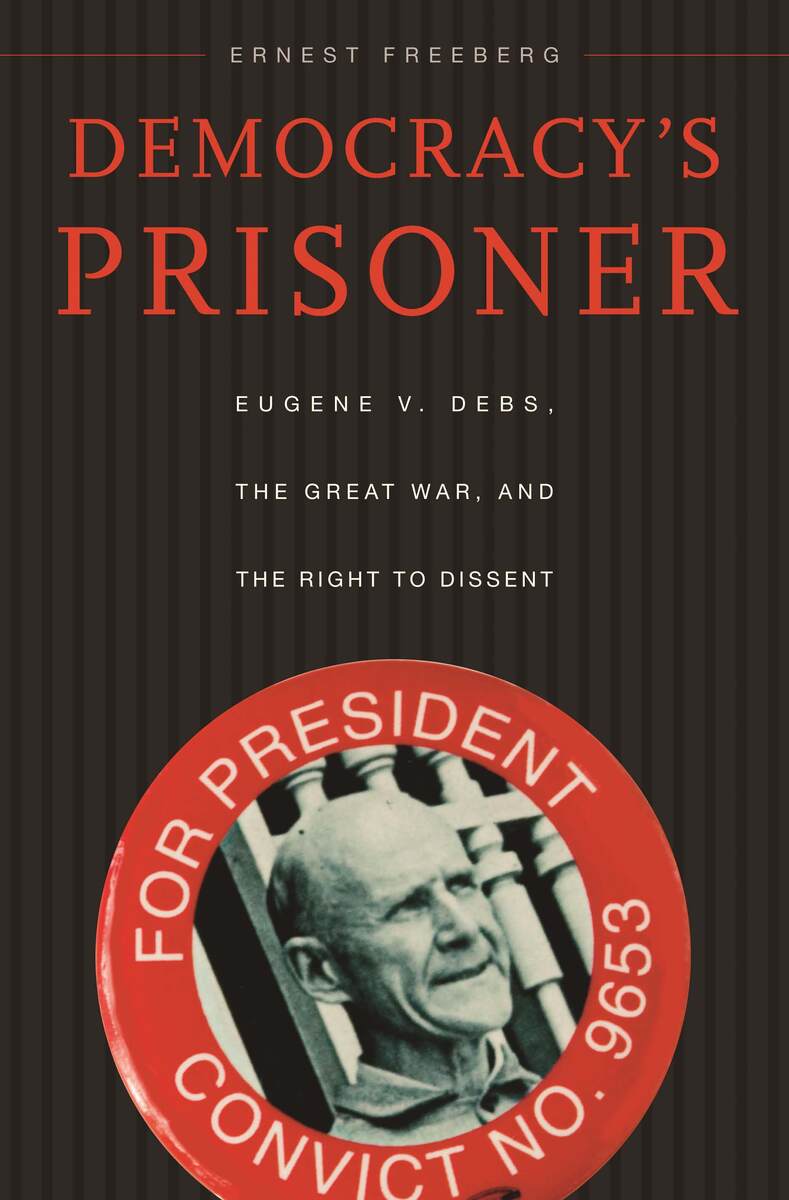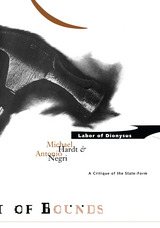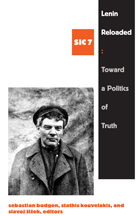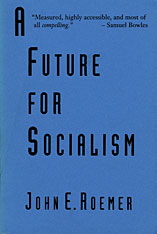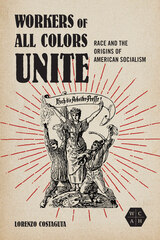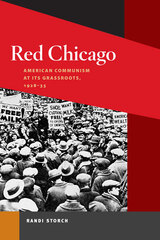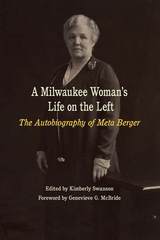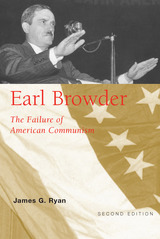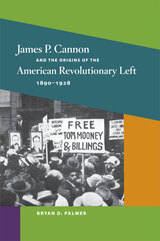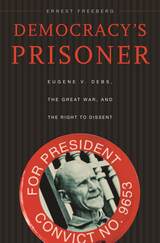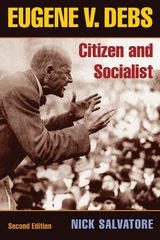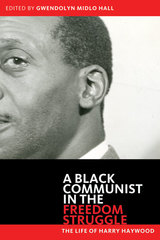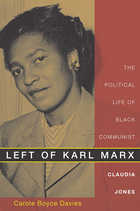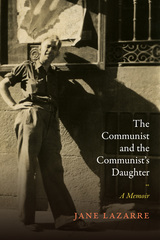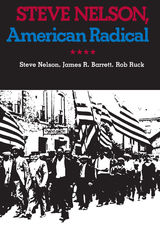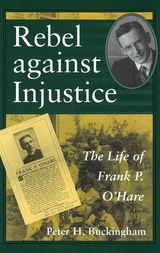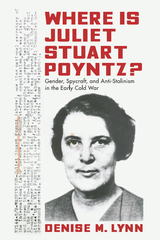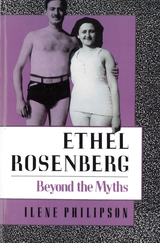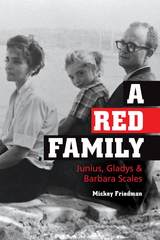Democracy's Prisoner powerfully reminds us of the pressure that war places on our First Amendment rights. The fight to free Debs almost a century ago was the first time that Americans organized to defend the right to speak against war. A timely lesson for us today.
-- Nadine Strossen, President, American Civil Liberties Union
A beautifully crafted narrative of Debs' prosecution, incarceration, and the fight to free him that effectively recreates the dramatic crisis of the left and the rise of a civil liberties lobby during and just after World War I. An excellent and compelling book.
-- Michael Kazin, author ofWilliam Jennings Bryan: A Godly Hero
Democracy's Prisoneris a superb account of the battle over free speech and civil liberties in the WW I era, beautifully argued and engrossing to read. Freeberg brings a wonderfully fresh perspective to this study of citizens' heroism, showing us the courage and shrewdness of the ever admirable Debs. But perhaps more important, he reveals for the first time the critical role that ordinary citizens, led by a political novice, played in mobilizing moderate Americans on his behalf. This book could not be more timely.
-- Christine Stansell, author of American Moderns: Bohemian New York and the Creation of a New Century
This account of the trial and jailing of Eugene V. Debs for sedition in opposing WWI will be read by many as a warning for our times, yet it stands on its own as solid history...Freeberg relates this tale in a fast-paced narrative...The most enduring consequence of this whole affair is the fuel it contributed to the growth of civil liberties consciousness and organization in the United States. Not for the first time, administrations brought about the very results they most opposed.
-- Publishers Weekly
Freeberg argues that Debs's case illustrates the problems associated with silencing public discourse, most especially during a time of war. Debs was never a threat to national security; instead, he was a principled individual expressing his political beliefs. This excellent introduction to Debs and the Socialist Party is also an engaging examination of an issue that still tensely engages us today.
-- Michael LaMagna Library Journal
The Eugene V. Debs story is a moving, albeit instructive one, though he likely will never be given his due as one of the great figures of American history. Jailed for speaking out against the so-called “war to end all wars,” Socialist Debs ran for president in 1920, garnering a million votes. By the way, when he was finally released from that same Atlanta penitentiary, the whole of the prison’s population--guards and prisoners--cheered him.
-- Robert Birnbaum The Morning News
If history is what the present wants to know about the past, Democracy’s Prisoner is teeming with lessons. But above all, it’s the story of one extraordinary man’s showdown with the establishment--and how that confrontation turned into a complex political struggle whose outcome was up for grabs. Carefully researched and expertly told, Debs’ story also brings a fascinating era into sharp, vivid focus.
-- Peter Richardson Los Angeles Times Book Review
Freeberg's Democracy's Prisoner explores the arrest, prosecution, and imprisonment of Eugene V. Debs and the subsequent campaign to free him from a federal penitentiary. America's best-known socialist, Debs was loved by the party faithful and despised by conservatives as a traitor. For speaking out against the war, he became one of some 2,000 people arrested, and 1,200 convicted, for challenging the Wilson administration's war policy. Sentenced to 10 years in prison, Debs immediately became a cause célèbre to socialists, trade unionists, and civil libertarians...In [his] timely, readable, and engaging book, Freeberg reminds us of the fragility of rights in the context of fear, providing us with cautionary tales about what is lost when unquestioned political obligations trump the preservation of liberty.
-- Eric Arnesen Boston Globe
Freeberg has written an exhaustive account of the three-year campaign to free Debs from federal custody while the nation struggled over civil rights and government power in the last days of the Wilson administration, which included the notorious "Palmer Raids" on suspected dissidents.
-- Bob Hoover Pittsburgh Post-Gazette
Eugene Debs is a largely forgotten man today, an odd footnote in American history of the turn of the nineteenth and twentieth centuries. But this fascinating book about his climactic last years makes clear that he really mattered. In both political and legal ways he played a significant part in reducing intolerance of dissent in this country, and bringing to life the First Amendment's guarantee of free speech.
-- Anthony Lewis New York Review of Books
Sending Debs to prison made him the center of a campaign for freedom of speech for dissenters and antiwar activists. And when the courts eventually recognized a constitutional right to dissent, they were following a broad public debate spurred by talented organizers and activists who came from places ranging from Debs's own Socialist Party to the new American Civil Liberties Union to the rank-and-file locals of the American Federation of Labor. Freeberg's beautifully written book combines a political biography of Debs in his years of crisis with a broader argument about the unintended consequences of the campaign to win his release.
-- Jon Wiener Dissent
An important contribution for those interested in Eugene Debs and the early days of the American Socialist Party.
-- R. J. Goldstein Choice
